How to play the piano without mistakes?
Making mistakes while playing the piano has always been a significant issue for me since I first started. Even when I was thinking that I practiced the pieces enough, I would always make a mistake that would cause more mistakes and ruin my whole performance.
In fact, every time I had to perform at a concert, I would start to feel stressed the weeks before the actual performance, thinking about all the mistakes I was going to make. Even when I was playing at casual friends gathering or alone, I would still make mistakes and I didn’t know what was wrong.
However, as I started searching for solutions to this issue with my piano teacher and other pianists around me, I started to apply some techniques that I learned from them, which actually worked!
This is not to say that I don’t make any mistakes anymore while playing. However, by focusing on this problem and following certain methods, I was able to minimize my mistakes and improve my performance skills, and you can do it too!
In this post, I will share all the methods I used throughout the years to avoid mistakes while playing the piano to help you make fewer mistakes too, and become better pianists!
How to Play Piano Without Mistakes?
Memorize the Pieces
Memorizing the piece means that you know all the notes, dynamics, pedaling, fingerings, and harmony of the piece without actively thinking about it.
When you memorize a piece, you reduce the chance of making a mistake because your brain already knows what you will play next. If you are actively thinking about the notes you’re supposed to play or the hand positions you have to make, it’s very likely that you will end up pressing something wrong, or simply forgetting what you will do in the upcoming parts.
The key to memorizing songs is repetition and consistency. Make sure that you repeat the pieces enough until you can play them with your eyes closed, and try to play at least once a day at the beginning phases of learning a piece. When you feel like you’ve learned and memorized the piece, then play it at least once a week to keep your performance at the same level.
For the most effective memorization, try to break the pieces into small parts, and practice each part separately. For example, practice and repeat only the beginning part one day, and play it until you master it. Next, practice only the second part, and try to combine it with the first part at the end of each practice session. Keep doing this until you finish the piece!
You can also find this video helpful if you are struggling with memorization.
Practice Slowly
Most beginner piano players tend to play a song at its actual tempo right from the beginning, which is a huge mistake. All professional pianists point out the importance of slow practice, and there are some good reasons for this.
Slow practice allows you to learn the pieces more correctly, which increases your accuracy during your performance. While you are learning the piece correctly, you gain a better understanding of the rhythm, harmony, and dynamics of the piece.
In fact, practicing slowly requires a lot of patience and discipline. Most times, we want to immediately play the songs at their original tempo because we want quick success. We know how the piece should sound at its original speed and want to quickly be able to play it.
However, practicing slowly in the first phases of learning pieces is crucial to be able to play them with the least amount of mistakes later. I recommend that you start at a very slow tempo and gradually increase it.
For example, if the original tempo of the piece is 110 bpm, then start to learn it at 60 bpm. After practicing at 60 bpm for a while, practice at 65 bpm and gradually increase the tempo until you reach the proper speed.
Combine this technique with the first method of practicing the piece part by part for more effective memorization.
Play for Your Friends&Family
Often times, the reason for your mistakes is your nerves while playing in front of other people. It is very common among piano players that they don’t make any mistakes while they are playing alone, however, when there are other people listening and watching, they start to make mistakes that they never did before.
When we are performing for other people, our adrenaline level increases. Increased adrenaline levels cause high blood pressure, rapid heart rate, sweating, and shaking hands, all of which negatively affect the piano performance.

If this is the case for you, the best thing you can do is to practice playing in front of other people as much as you can. By getting used to performing for other people, you can better control your adrenaline level and prevent it from ruining your performance.
Instead of playing gigs right from the beginning, play for smaller groups of your friends and family to overcome this problem more effectively. Every time you finish some pieces, play them for people around you. You’ll notice that the more you perform in front of other people, the more your body will get used to adrenaline, learn to manage it, and you’ll make fewer mistakes.
Analyze the Challenging Parts and Focus on Them
Sometimes the reason for making mistakes is the lack of attention to the challenging parts. A piece may have different sections, each with different difficulty levels.
When you dedicate the same amount of time and practice to the parts with different difficulty levels, you’re more likely to make mistakes at the difficult parts. That’s why it is important to break the piece into smaller sections and practice each section separately.
After you have the small parts from the piece to practice, try to identify the parts that are most challenging and where you make the majority of mistakes. This way, you know which parts deserve the most practice and dedication.
This method allows you to use your practice time more efficiently and accelerate your progress while improving your accuracy.
Choose Songs at Your Level
Another important thing to consider is choosing the right songs to play. You shouldn’t pick an advanced song as a beginner and expect to play it without making any mistakes.
If you are struggling with choosing which songs you should practice, you can read this article on How to Pick the Best Songs To Practice. Picking the right songs is crucial for playing with fewer mistakes, so I highly recommend that you check out the article to supplement this one.
Generally, it’s not a good idea to learn the songs above your level, because you might not yet be ready to handle the technical difficulties of that song. Playing the advanced pieces will not only lead to more mistakes but will also cause injuries due to the lack of proper technique and finger strength.

Instead of working very hard on one advanced piece, try to choose something that is both in your level yet challenging enough to improve your technique.
These articles may help you see some of the songs you can start learning as a beginner:
Record Yourself While Playing
Recording yourself playing is a great way to increase your accuracy for several reasons.
The first one is that it helps you learn to control your adrenaline level. Recording yourself has a similar effect on the body and piano playing in terms of adrenaline increase with playing for other people. That’s why recording your playing is a great practice to reduce the anxiety caused by nerves.
Another benefit is that it allows you to see and analyze your mistakes, posture, poor technique, and musicality. If you are learning the piano alone, I can’t recommend you enough to do this, because it is the best method for self-checking and correcting your mistakes.
ArtistWorks is an amazing online piano course that operates based on a video-exchange system. When you enroll in the course, you get access to their course curriculum and video-exchange library. The video exchange library is where you can send your videos to the instructors and get an instant response again in the form of video, which is incredibly helpful to increase your accuracy of playing and receive more effective feedbacks.
You can read my review of the ArtistWorks piano course here.
Forget Your Prior Mistakes and Keep Playing
Sometimes we can’t help making a mistake, but we can stop making more by leaving that mistake behind and focusing on the rest of the piece, especially when we are performing for a crowd.
I saw many piano players on stage that stopped playing in the middle of their performance and leave the stage crying, just because they couldn’t leave their prior mistakes behind. When you keep thinking about the wrong note that you pressed at the beginning of the performance, you will likely to make even more mistakes as you play, because you won’t be able to focus on your current performance with your full attention.
Do not let some little mistakes ruin your whole performance. People generally don’t even realize those small mistakes unless they are professional musicians, so it doesn’t make sense to sacrifice the whole piece for those little mistakes.
When you make a mistake in performance, try to keep playing as nothing happened so that you can prevent potential mistakes you’ll make.
Warm-Up Before Playing
If you don’t generally warm up your hands and start your practice session directly by playing the pieces, I’m asking you to stop. Missing the warm-up may cause serious injuries such as carpal tunnel, especially if you are an adult.
Warming-up does not only prepare your fingers and hands for better playing, but it also helps your brain to get into the mood of practicing, which is essential for the accuracy of playing.
The warm-up session doesn’t have to last long, and the length of the warm-up session isn’t a significant factor for accuracy at all. What is important is consistency. Even if you are warming up for 5 minutes, you should keep doing this before all your practices and performances.
Playing some scales and arpeggios is a good way to warming up. You may also improvise or play some light songs that don’t require warm and prepared fingers. If you are new to learning scales, you can read this article to see Which Piano Scales You Should Learn First as a Beginner.
You can check out this video from Pianote to see how you can warm up in only 3 minutes.
Do Not Consciously Think About the Notes
If you already memorized the piece, you shouldn’t think about the notes you will play because it may cause you to mess up everything you know. Your brain knows what it is supposed to play and do during the performance, so there is no need to interfere in its job.
When you interfere in the muscle memory of your brain, your brain will end up getting confused, which will lead to mistakes.
Just try to go with the flow and trust your muscle memory if you’ve implemented everything on this list correctly.
Final Words
I hope these tips will help you make fewer mistakes playing the piano.
One thing I want to mention is that even if you apply everything on this list, you might still make mistakes, which is absolutely normal. Everyone makes mistakes, even professional pianists.
The best step you can take to increase your piano accuracy is to practice with the right and effective methods, and not to worry too much about making everything sound perfect.
What do you think? What is the best method to avoid piano mistakes?
Let me know in the comments!

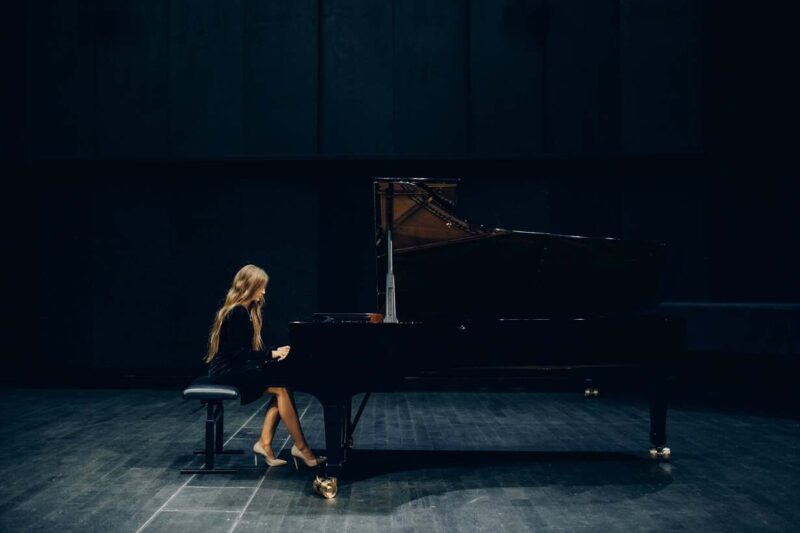

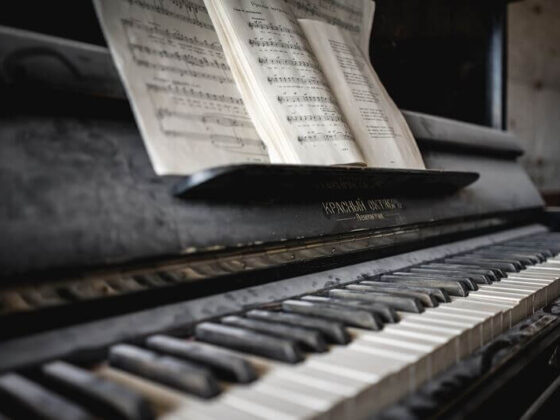
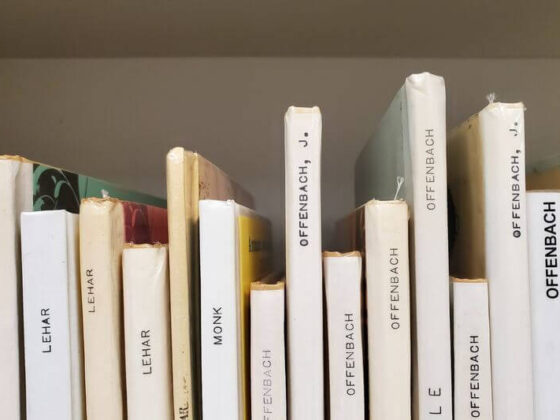
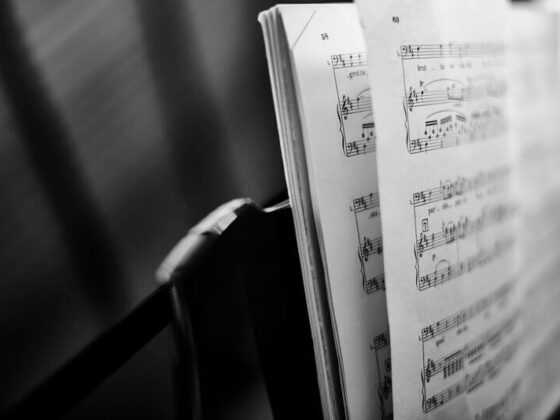
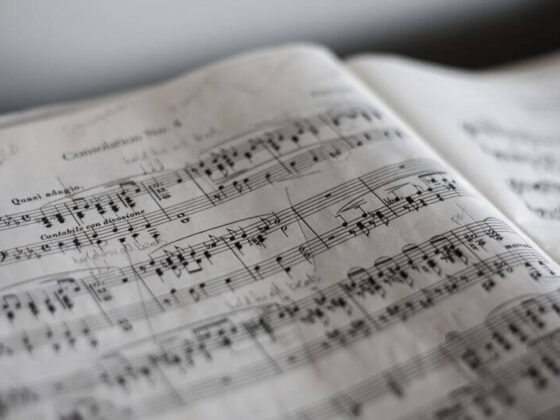
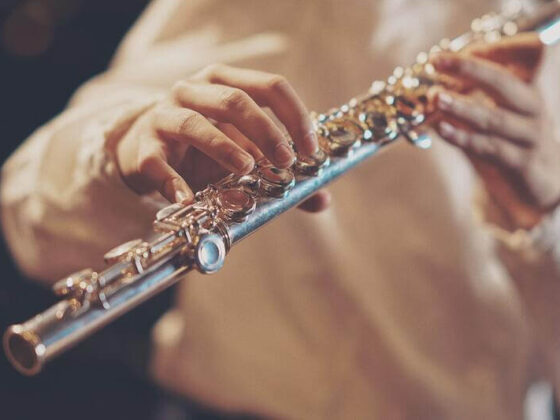
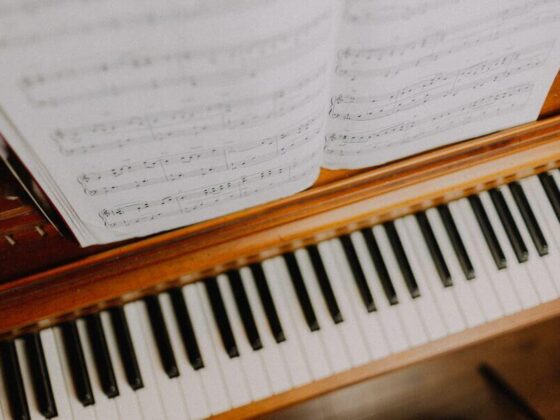
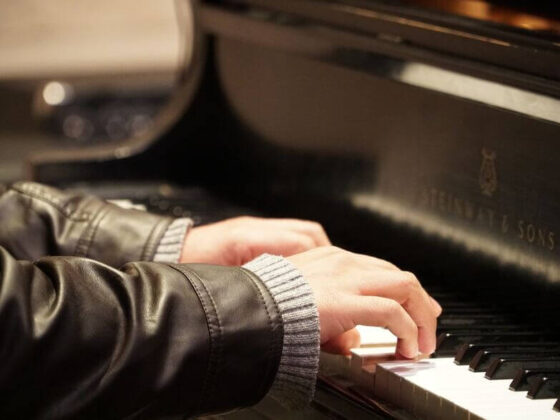
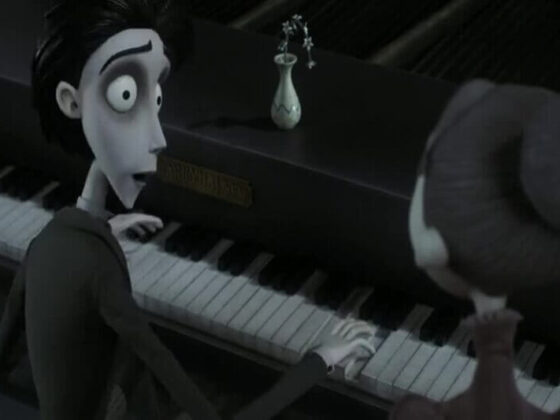
1 comment
I think mistakes help you in improving but that should be done during the practice. It’s all about how focused you are and how good is your leraning. Sometimes people do mistakes when they are trying to play too fast or they do not look towards the keys.